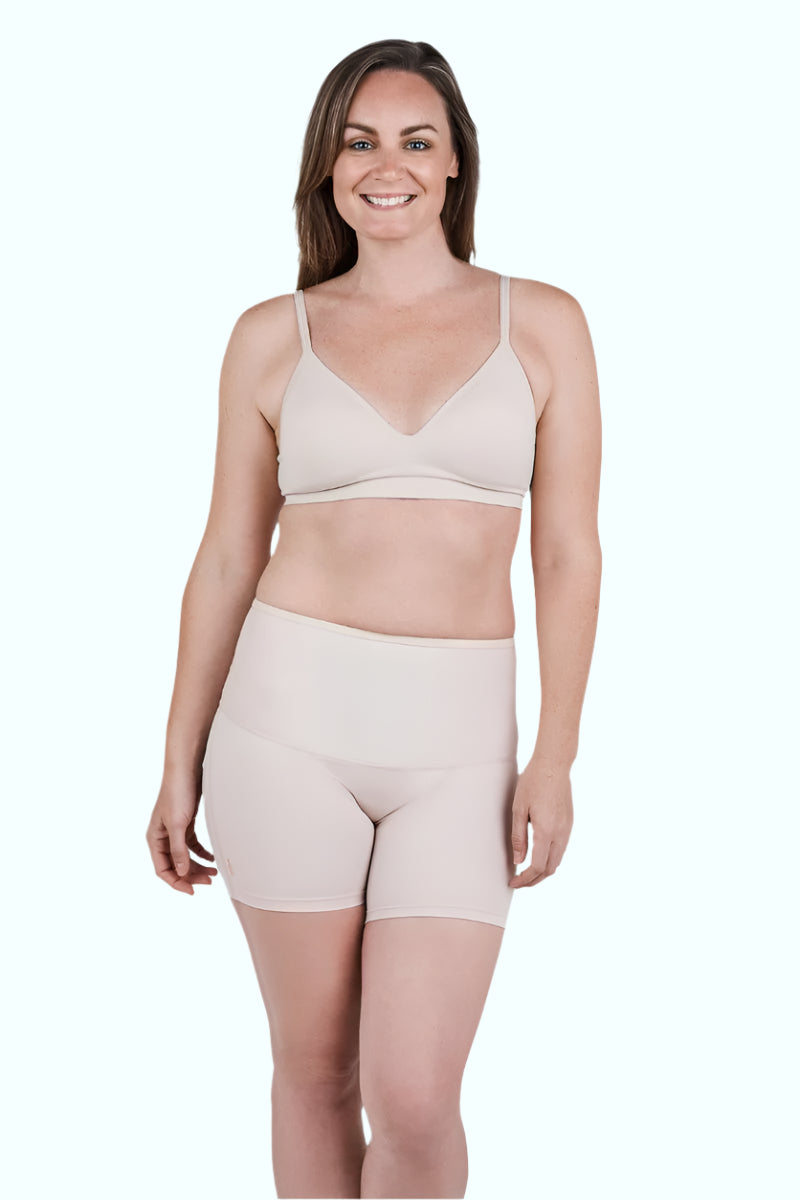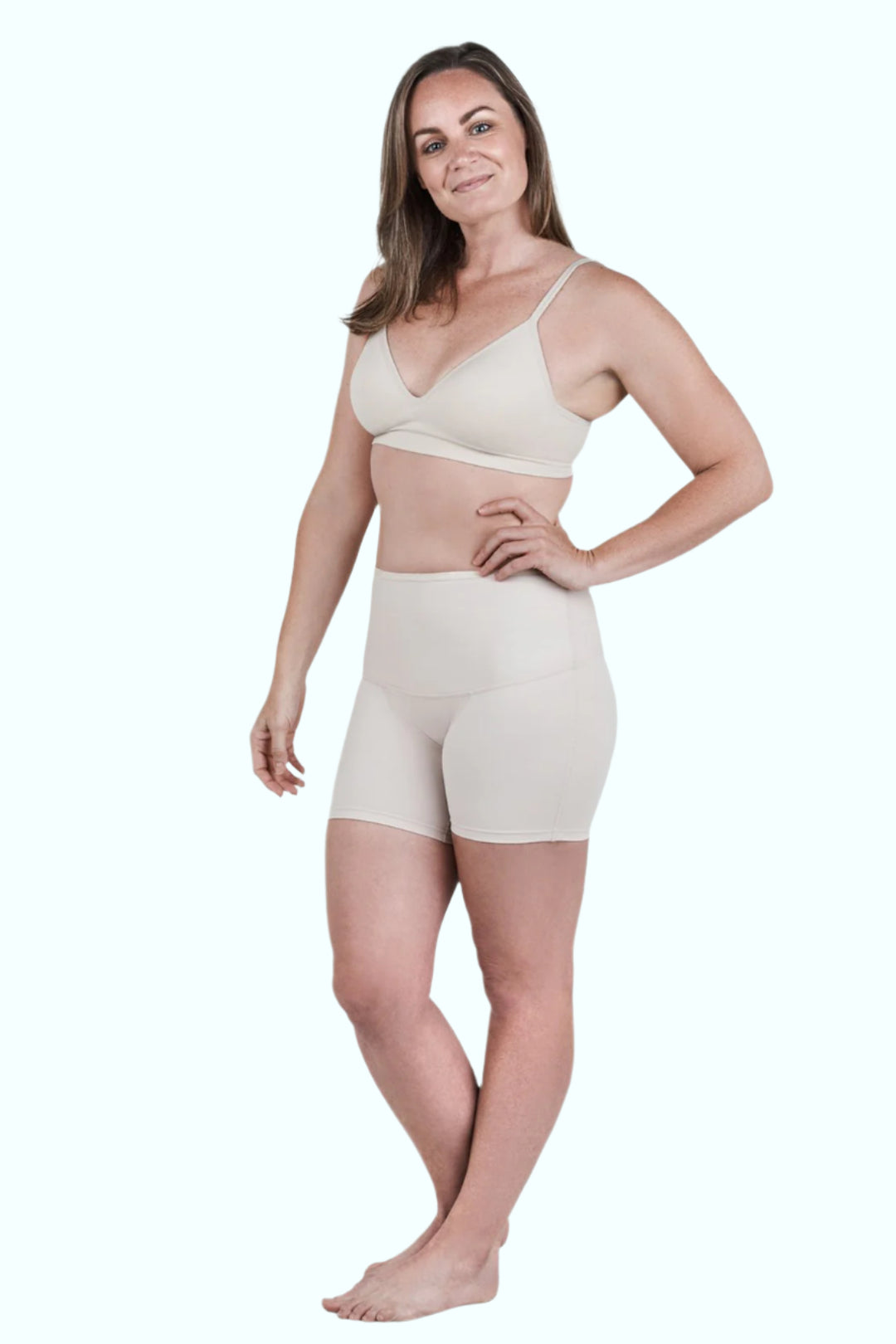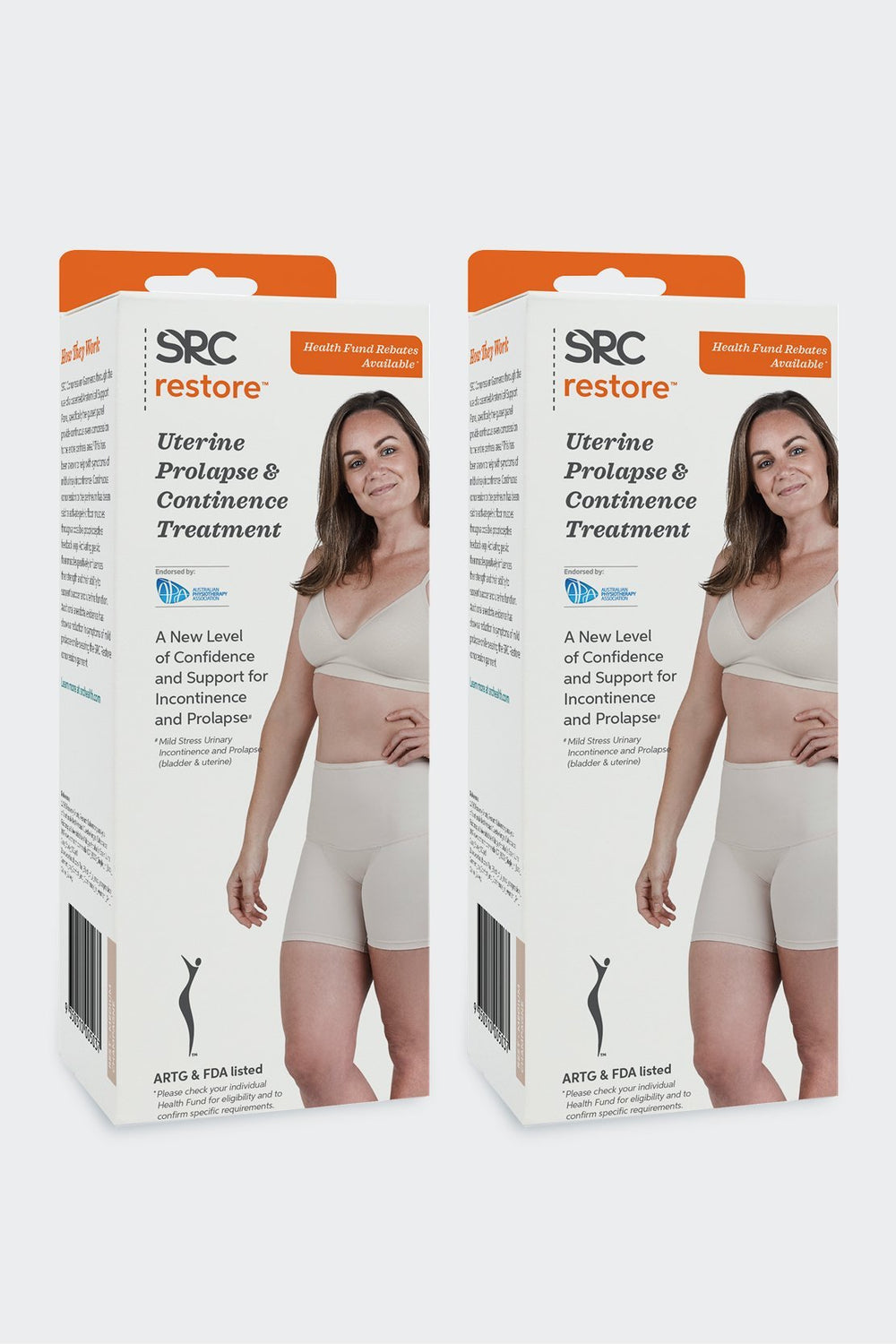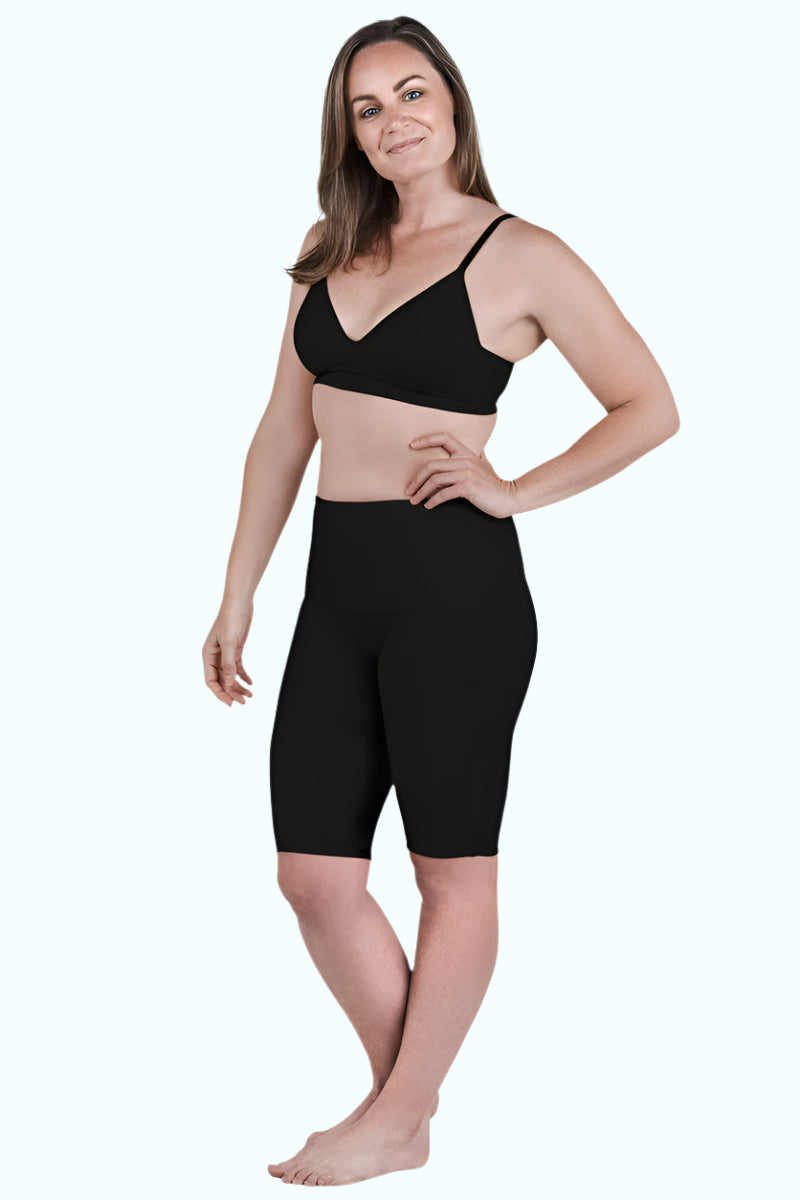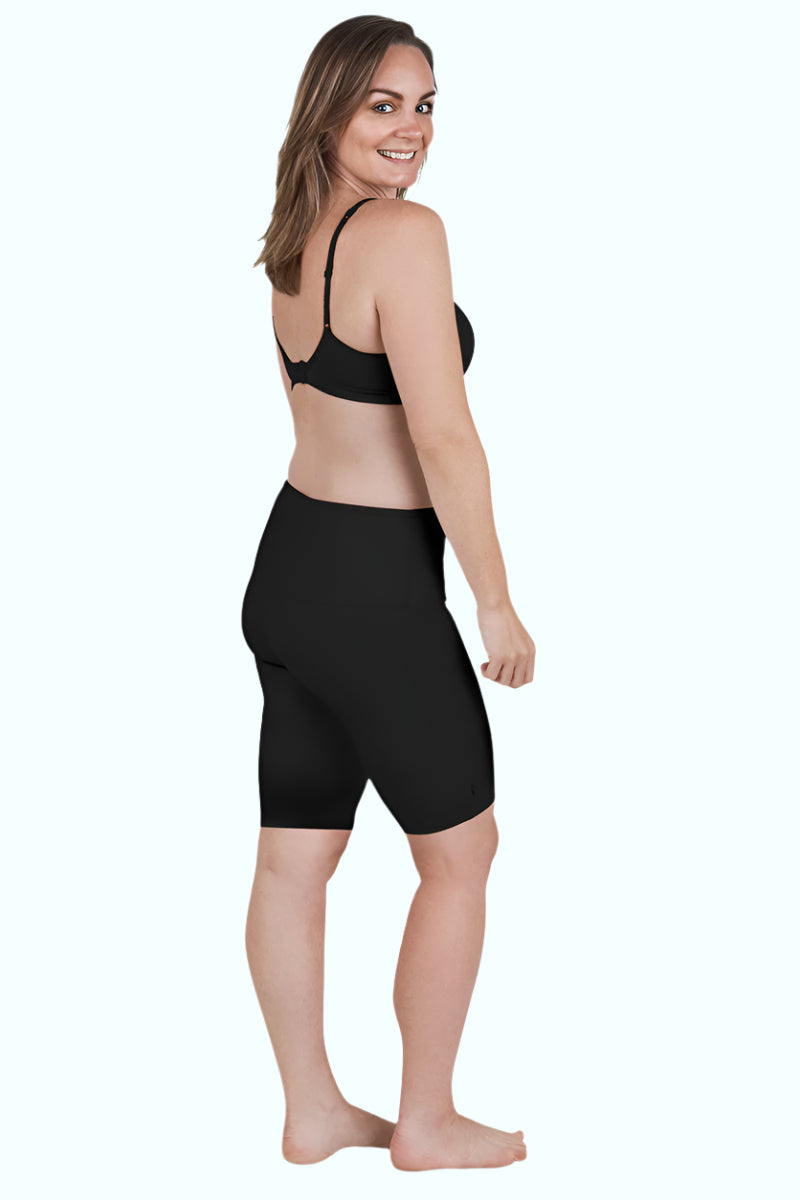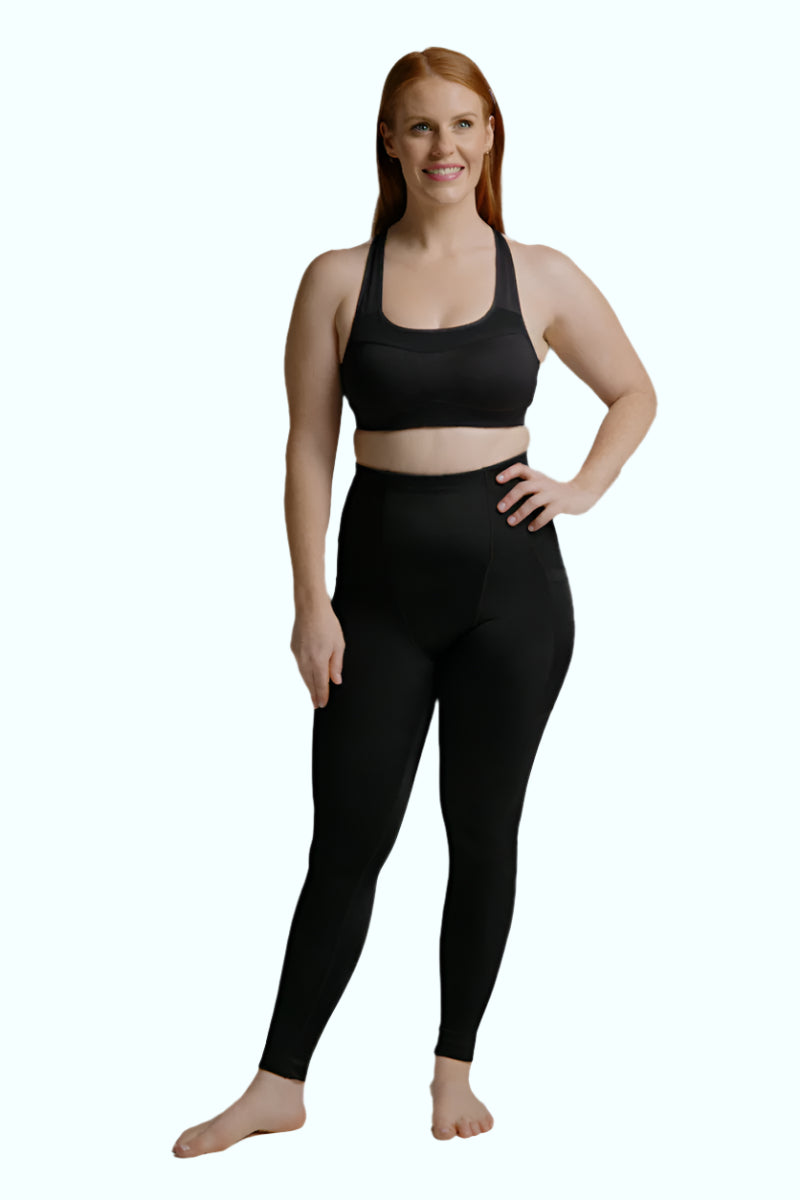When it comes to navigating the rollercoaster of perimenopause and menopause, we often focus on hormones, hot flashes, and mood swings—but protein? That’s the unsung hero of midlife wellness. As your body changes, so does its nutritional needs, and protein requirements during perimenopause become increasingly important. Protein becomes a vital ally in keeping you strong and sane.
Why Protein Deserves a Standing Ovation
Protein isn’t just for gym junkies. It’s a foundational nutrient that supports nearly every function in a woman’s body, and during perimenopause and menopause, its role becomes even more crucial. Here’s why:
- Hormonal Harmony: Your body uses amino acids from protein to create essential hormones like estrogen and progesterone. Think of protein as the backstage crew making sure the hormone show runs smoothly [1].
- Brain and Mood Support: Amino acids also support brain function and mood regulation—so yes, more protein can help you feel more like yourself.
- Metabolic Maintenance: Protein helps preserve lean muscle mass, which keeps your metabolism humming [2].
Why You Need More Protein Now Than Ever
As estrogen declines during perimenopause, it triggers changes in bone density, muscle mass, and fat distribution. That’s where protein steps in:
- Muscle and Bone Health: Declining estrogen leads to reduced muscle and bone mass. Eating enough protein can help maintain strength and stave off osteoporosis [3].
- Weight Management: Protein keeps you fuller longer, helping to prevent midlife weight creep [4].
- Combat the "Protein Leveraging Effect": When you’re not getting enough protein, your body craves more food to meet its needs—often leading to overeating. A protein-rich diet nips this in the bud [4].
- Overcoming Age-Related Resistance: As you age, your muscles become more stubborn about responding to protein and exercise. The solution? More protein, evenly spaced throughout the day [5].
How Much Protein Do You Actually Need?
Understanding how much protein women need during menopause is essential for staying strong and healthy.
- General Guidelines: 0.8g per kg of body weight (e.g., 56g/day for a 70kg woman) [6].
- Recommended Average: During menopause, experts recommend 1.2–1.6 grams of protein per kilogram of body weight per day.
- For Active Women: Up to 2–2.3g per kg. That’s around 140g/day for a 70kg active woman—divided evenly across meals [5].
- Small Changes Matter: Even adding 9–10g more per day can make a difference in muscle health and mood [7].
For many women, bridging the gap between current intake and ideal protein intake for menopausal women starts with small, consistent changes.
What to Eat: Smart Protein Choices for Perimenopause and Menopause
Protein-rich meals don’t have to mean steak at every sitting. Here’s how to diversify your protein sources and get the most bang for your bite:
- Best Plant-Based Protein Sources:
- Nuts and seeds
- Legumes and lentils (chickpeas, cannellini beans, red kidney beans)
- Tofu, tempeh, soy milk, and edamame
- Cashews, almonds, walnuts, and pecans [8]
- Animal-Based Protein:
- Lean meats and poultry
- Eggs and dairy
- Fish, especially fatty varieties like salmon and mackerel, high in omega-3s may also improve mood and reduce the frequency of hot flashes [9]
- Soy (but the good kind):
- Minimally processed options like edamame and tofu contain isoflavones, which may reduce hot flashes and slow bone loss [11]
-
Choose Protein Boosters Wisely: Instead of pricey processed protein powders, consider using skim milk powder. Just 40g of skim milk powder delivers around 14g of protein, making it an affordable, accessible way to increase your intake. However, it also comes with about 20g of carbohydrates. In contrast, a 40g serve of a specialty whey protein supplement may deliver up to 30g of protein with minimal carbs and fat—but at a significantly higher cost. For those on a budget or looking for whole food-based options, skim milk powder is a smart alternative. For those needing high protein with low carbs (e.g. during weight management), a high-quality protein supplement might be worth the investment.
Skim milk powder is a whole-food-based protein option that provides both casein and whey—primarily casein—offering a slower release of amino acids ideal for sustained muscle support.
Focus on Meals: Add protein to your main meals rather than relying on snacks—your body absorbs it better this way [9].

Protein supplementation alone is insufficient to maintain or build muscle mass—resistance training is essential. While increasing protein intake supports muscle protein synthesis, without the mechanical stimulus provided by resistance or weight-bearing exercise, these benefits are significantly limited. A comprehensive meta-analysis found that protein supplementation enhances muscle strength and mass only when combined with resistance training; in the absence of such exercise, protein supplementation alone did not yield significant improvements. This underscores the necessity of incorporating regular strength training alongside adequate protein intake to effectively preserve or increase muscle mass at any stage of life. [12]
Common Protein Myths for Midlife Women – Debunked
Let’s set the record straight on some long-standing protein myths that may be holding you back from meeting your body’s needs during perimenopause and menopause:
Myth 1: “Too much protein is bad for your kidneys.”
This is a persistent myth with no solid backing in healthy individuals. Research shows that higher protein intake does not harm kidney function in people without pre-existing kidney disease. In fact, adequate protein becomes more important as we age to combat muscle loss and maintain health. If your kidneys are healthy, there’s no reason to fear a protein-rich diet [13].
Myth 2: “Women will bulk up with high-protein diets.”
This fear stems from bodybuilding culture, but the reality is: women simply don’t have the hormonal profile (namely, testosterone) to “bulk up” without extreme training and eating regimens. Instead, protein helps maintain lean tissue, support metabolism, and reduce body fat—all key benefits for midlife women.
Myth 3: “You can get all the protein you need from vegetables alone.”
Technically possible? Yes. Realistically easy? Not so much—especially during midlife. Many plant-based proteins are incomplete (lacking one or more essential amino acids) and lower in leucine, a key amino acid for muscle building. That doesn’t mean you need to ditch plant proteins, but it does mean you may need to be more strategic and intentional to meet your needs without supplementation or large volumes of food.
Supplement Review: What Works Best for Muscle, Skin, and More
Protein supplements can help bridge dietary gaps—but they’re not all created equal. Here’s how they stack up:
Whey Protein
Best for: Muscle building and recovery
Pros: High in leucine (key for muscle synthesis), fast-absorbing, excellent for post-workout support
Cons: Dairy-based, may cause bloating in those sensitive to lactose
Casein Protein
Best for: Overnight muscle repair and sustained protein release
Pros: Slow-digesting, helps maintain muscle mass during fasting (e.g., sleep)
Cons: Thick texture, not ideal for post-workout needs
Pea Protein
Best for: Plant-based muscle support
Pros: Naturally high in iron, allergen-friendly, good amino acid profile
Cons: Lower leucine than whey, sometimes has a grainy or earthy taste
Rice Protein
Best for: Vegan and hypoallergenic diets
Pros: Easy to digest, mild flavor
Cons: Low in lysine, best when combined with another protein source for completeness
Soy Protein
Best for: Bone and heart health, complete plant-based option
Pros: Contains all essential amino acids, may help with hot flashes due to isoflavones
Cons: Avoided by some due to allergies or concerns around phytoestrogens
Collagen
Best for: Skin elasticity, joints, and connective tissue
Pros: Rich in glycine and proline, supports skin hydration and joint recovery
Cons: Incomplete protein (lacks tryptophan), very low in leucine—ineffective for building muscle on its own
The Takeaway
Perimenopause and menopause bring a whirlwind of changes—but protein can be your steady anchor. From hormone production to muscle maintenance, this powerhouse nutrient plays a starring role in how you feel and function during this life stage. The good news? You don’t need to overhaul your diet—just make intentional, consistent choices to include more high-quality protein.
And while diet alone won’t erase all symptoms, it’s a strong start. For tailored advice, especially if you’re experiencing intense symptoms or planning a new exercise regimen, have a chat with your GP or a registered dietitian.
Because midlife isn’t the end of something—it’s the beginning of you, powered by protein.
Support Beyond Nutrition
While protein and exercise are the foundation for strength during menopause, physical support can make a huge difference—especially when dealing with pelvic floor issues, mild to moderate prolapse, or incontinence. The SRC Restore garments are designed to provide targeted compression and support for abdominal and pelvic muscles, helping you stay active and confident during this transitional phase.

References:
- https://www.mdpi.com/2072-6643/10/8/1103
- https://www.sydney.edu.au/news-opinion/news/2022/10/13/prioritising-protein-during-perimenopause-may-ward-off-weight-gain.html
- https://www.mdpi.com/2072-6643/10/8/1103
- https://www.sydney.edu.au/news-opinion/news/2022/10/13/prioritising-protein-during-perimenopause-may-ward-off-weight-gain.html
- https://www.yourlifechoices.com.au/health/protein-is-important-during-perimenopause-heres-how-much-you-need-and-why/
- https://giastewartdietitian.com.au/how-much-protein-do-i-need-during-menopause/
- https://www.abc.net.au/news/2025-05-08/perimenopause-protein-intake-how-much-women-need/105237122
- https://www.leanplantbased.com/14-top-plant-based-protein-sources-for-women-in-menopause
- https://fitonapp.com/nutrition/protein-needs-and-menopause/
- https://www.eatingwell.com/foods-you-should-eat-more-of-after-60-11750776
- https://www.health.com/nutrition/is-tofu-healthy
- https://sportsmedicine-open.springeropen.com/articles/10.1186/s40798-022-00508-w?
- https://nutritionandmetabolism.biomedcentral.com/articles/10.1186/1743-7075-2-25






